Office Phone: 800-696-6552 | Pay By Phone: 855-939-3832
Outage Safety - What To Do In An Outage
CALL FOR ALL OUTAGES AT 800-696-6552 or 641-752-1593
No one likes the power to go out, but knowing what to do can make a big difference in how soon your power is restored.
Consumers Energy Cooperative is committed to providing reliable service, but not all outages can be avoided. Weather, animals, accidents, and service interruptions from our power supplier can all cause power outages.
If an outage occurs, please do the following:
- Check to determine if power is lost to your entire home or farmstead.
- Check fuses and circuit breakers which may include both the meter pole panel and the panel located inside your home.
- To help determine the extent of the problem, check with neighbors to see if they have electricity. This will help our crews know if it is just your service or if it is multiple services.
- Turn off major appliances to protect them from any high or low voltage conditions and to decrease the load when lines are re-energized.
- Leave a light or lamp on so you'll know when service has been restored.
- Leave doors closed on refrigerators and freezers as much as possible during outages. Food will keep much longer if the doors are left closed.
- If you cannot restore power by resetting circuit breakers, call Consumers Energy at 800-696-6552 or 641-752-1593 to report the outage. Our phones are answered 24/7, and crews are on call to respond.
How to prepare for storm emergencies
When faced with severe weather, it's crucial to have a clear plan in place, saving valuable time and ensuring everyone's safety. Consider these important things:

Call Consumers Energy for all outages.
Cooperative staff do not know your power is out until you notify us. Calling us at 800-696-6552 is the most effective way to notify staff of an outage at your service location as email is not monitored at all times, especially if there is a large-scale outage.
Consumers Energy phones are answered 24/7, and crews are on call to respond.
The cooperative will post updates on the home page of this site. Members can also look at the Iowa statewide outage map to check progress on any ongoing outages.

Documents
Keep important documents in a known location ready to be gathered and protected in a waterproof container when severe weather is imminent.
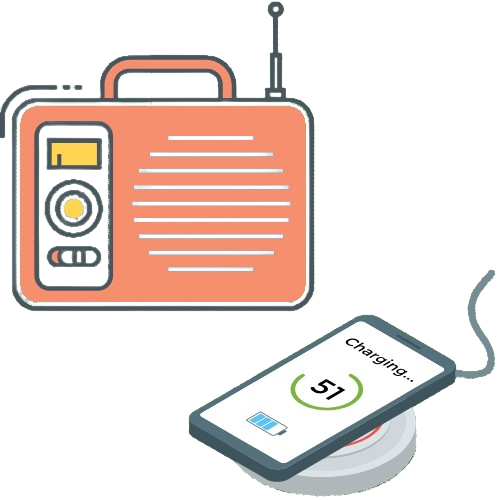
Essential Devices
If severe weather is coming, ensure all electronic devices are fully charged ahead of time, and have a battery-powered radio on hand to stay updated on weather conditions.
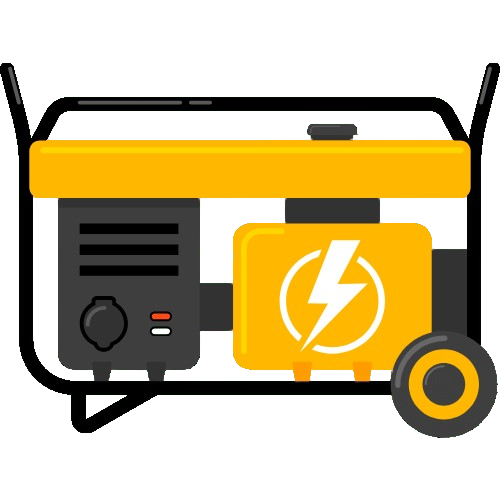
Generators
If you plan to use a portable generator as a power source, be sure you know how it works and how to safely operate it before severe weather hits. Never run a portable generator inside or near a building.
If you have a standby generator, make sure it has a manual or automatic transfer switch. This switch will isolate your home or business circuits from the power lines which are a shock hazard to both you and cooperative crews.
See the Generator Safety page for more information about how to safely use a generator at your home or business.
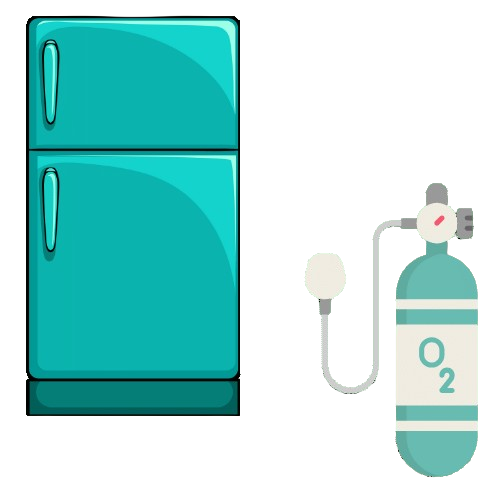
Medical Equipment
If you or someone in your care has a condition that requires continuous or special medication, life support systems, or medications that require constant refrigeration, contact your doctor, and make a plan for power outages.

Pets
Make sure outdoor pets are brought inside before a storm hits. Have arrangements in place in case you need to evacuate to an emergency shelter as animals may not be allowed there.

Roles & Responsibilities
Determine beforehand who in your household or business will take care of gathering animals, retrieving your safety kit, etc.
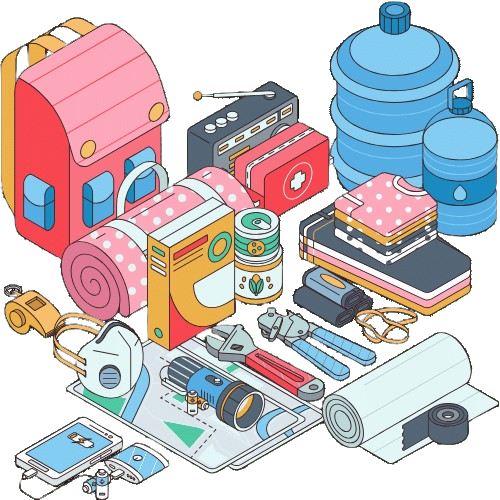
Safety Kit
Have an emergency safety kit with all the items you need in one place and ready to go in case a storm hits.
Your safety kit should include items such as: flashlights, a battery-powered radio, spare batteries, fully charged cell phone/device power banks, blankets and/or warm clothing, first-aid supplies, spare baby care supplies if applicable, pet supplies if applicable, a three-day supply of nonperishable food and water for everyone in your household (NOTE: Some foods in your unpowered refrigerator may not be safe to eat during or after an outage.). a manual (non-electric) can opener, extra cash in case local ATMs are also down.

Shelter
Pick a designated location to seek shelter during severe weather. This is often the basement or a room away from windows or sharp objects. If possible, check on those with special needs or those who otherwise have difficulties seeking shelter during severe weather to ensure they have arrangements in place.
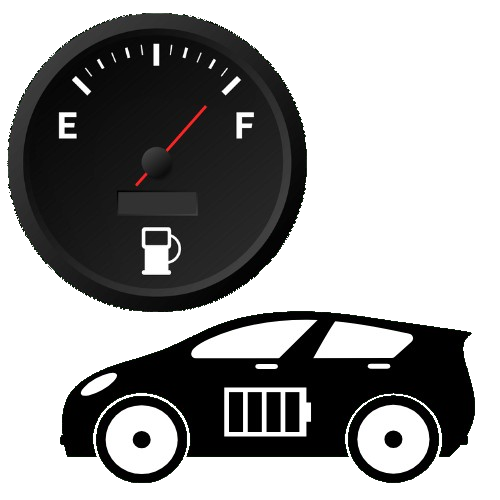
Vehicles
Make sure your vehicle has gas or your electric car is charged before the storm in case you need to evacuate.
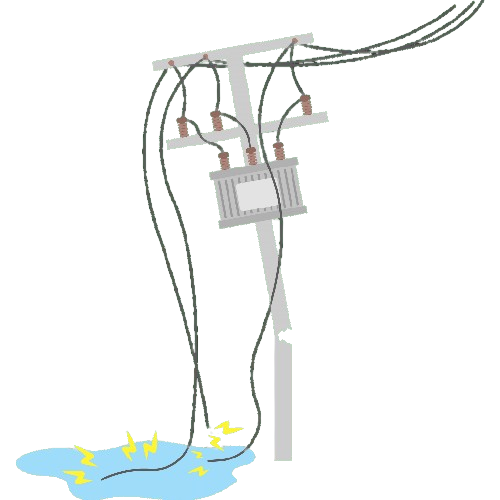
Downed Power Lines
STAY AWAY FROM DOWNED POWER POLES AND LINES! They may still be energized, and electrocution is possible. Do not go near a downed power line for any reason.


